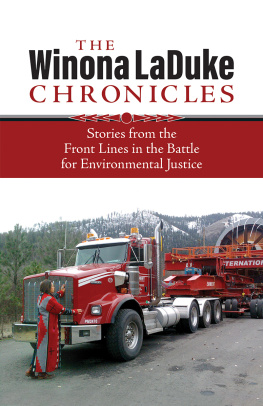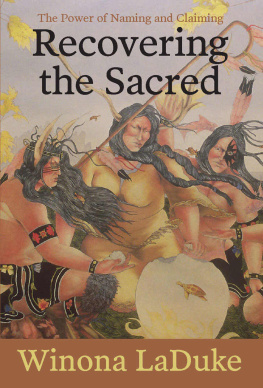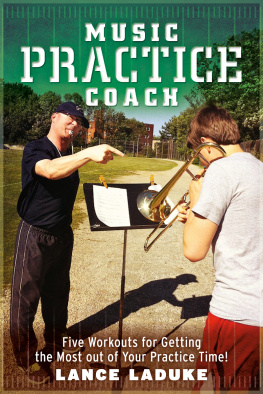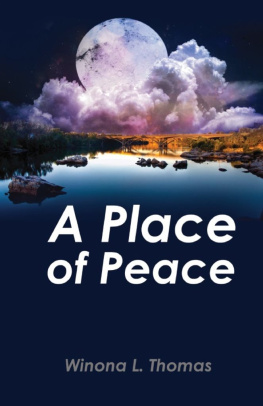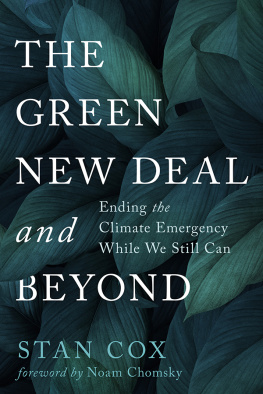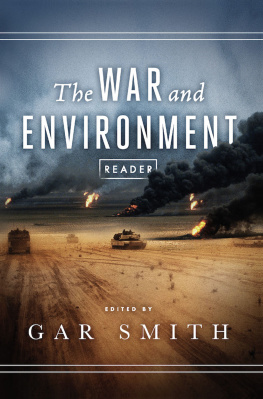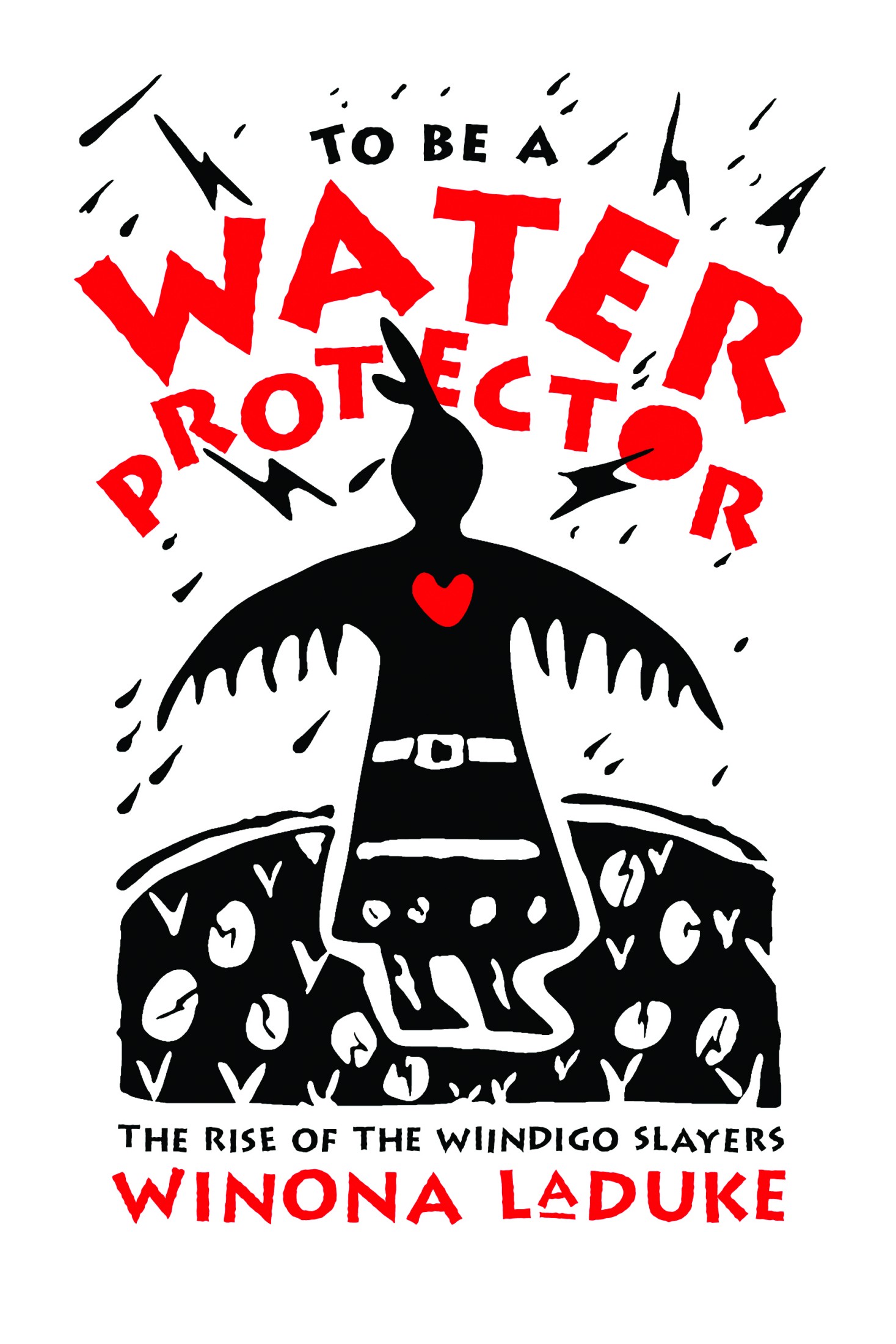Copyright 2020 Winona LaDuke
All rights reserved. No part of this book may be reproduced or transmitted in any form by any means without permission in writing from the publisher, except by a reviewer, who may quote brief passages in a review.
Editing and text design: Brenda Conroy
Cover image: Isaac Murdoch
Cover design: Evan Marnoch
Printed and bound in Canada
Published by Fernwood Publishing
32 Oceanvista Lane, Black Point, Nova Scotia, B0J 1B0
and 748 Broadway Avenue, Winnipeg, Manitoba, R3G 0X3
www.fernwoodpublishing.ca
and Spotted Horse Press
31446 East Round Lake Road, Ponsford, MN 56575
www.winonaladuke.com
Fernwood Publishing Company Limited gratefully acknowledges the financial support of the Government of Canada, the Canada Council for the Arts, the Manitoba Department of Culture, Heritage and Tourism under the Manitoba Publishers Marketing Assistance Program and the Province of Manitoba, through the Book Publishing Tax Credit, for our publishing program. We are pleased to work in partnership with the Province of Nova Scotia to develop and promote our creative industries for the benefit of all Nova Scotians.
Library and Archives Canada Cataloguing in Publication
Title: To be a water protector: the rise of the wiindigoo slayers / Winona LaDuke.
Names: LaDuke, Winona, author.
Identifiers: Canadiana (print) 20200329626 | Canadiana (ebook) 20200329715 | ISBN 9781773632674 (softcover) | ISBN 9781773632681 (EPUB) | ISBN 9781773632698 (Kindle) | ISBN 9781773634326 (PDF)
Subjects: LCSH: Environmentalism. | LCSH: Green movement. | LCSH: Petroleum pipelinesEnvironmental aspects. | LCSH: Petroleum industry and tradeEnvironmental aspects. | LCSH: Ethnoecology.
Classification: LCC GE195 .L33 2020 | DDC 363.7dc23
Contents
Introduction
Water is Life. I live at the headwaters of the Ottertail River. I live at the place where Round Lake meets the Ottertail River. This river is clean; swans, geese and eagles greet you. I live in the place where the wild things are. When the river leaves my beloved lake, it is clear and clean. This water travels down to the Red River, joining there with many other tributaries until its final destination, Hudson Bay and the Arctic Ocean. By the time this river is there, this same water to which I pray is not so clean or so full of good life. Thats what I know.
It is the time of the Water Protectors. It has always been. Its also the time of the Wiindigoo. I am writing and editing this book at a time when the world stands still, quarantined with covid -19, a virus. It is an amazing time. Im grateful to be here and to share these stories of Water Protectors. Or as Isaac Murdoch tells us,
In the future, our descendants will be sitting around a fire in their lodges telling this story of when the two legged tried to destroy the earth. We are no doubt in a sacred legend that will be told for thousands of years. For whatever reasons, we have been specifically placed here on earth to participate in this incredibly sacred time. We need to believe in what our heart tells us and to find the strength to follow it. This sacred story needs heroes and we are the chosen ones. Rise strong and never stop believing in the great power of this earth. We are completely surrounded by our ancestors.
I am not the first Water Protector, nor the last. And as I write this beginning, I want to acknowledge the Water Protectors I have known great role models and leaders. There are many, they are young and old.
I remember riding a train with the great Creek leader Phillip Deere. The year was 1977. I had seen 18 winters, and wed just finished the UN Conference on Discrimination against Indigenous Peoples and the Land. Thirty years later, that historic gathering would have launched three decades of international work to recognize and protect the rights of Indigenous Peoples. That was the beginning of what, 30 years later, would result in the passage of the UN Declaration on the Rights of Indigenous Peoples.
Phillip Deere and I are on a grand adventure. We are sitting on a train, and he said to me, One day, water will be more expensive than oil. And, I didnt really understand what he meant. I thought that sounded strange, but now I understand. The world needs water, not oil; thats the basics. And, as a liter of Fiji Water, having traveled 8000 miles so I can pick it up, costs $7, we see that water costs more than oil. What thats really about is that Water is Life, and oil is not.
Indeed, as Mohawk Chief Sakokwenonkwas (Thomas Parker) told a Harvard University audience in 1972, Someday President Nixon and the other world leaders are going to find out that once they catch the last fish, once they cut down the last tree, they wont be able to eat all the money they have in the banks. He would know, as the Akwesasne Reserve was heavily contaminated by a set of industries, and their water quality severely impacted.
Indeed, for decades Indigenous Peoples have been saying this and putting our bodies on the line for our water. People have opposed mega dam projects ranging from those on the Klamath River to those on the Columbia. Dams like the Dalles (Celilo Falls), Kinzua (Seneca Territory), to the battles against the dams in James Bay, in northern Ontario, and throughout the Amazon. People who live with water still understand that Water is Life. The teaching is old, and its profound.
That narrative is subsumed by corporate advertising and mythology, where, for instance, Enbridge Energy uses the moniker Life Needs Energy. Peoples relationship with water has changed dramatically ocean dumping, oceanic nuclear testing in the Pacific, overfishing, more plastic in the ocean than fish, the list goes on. After consuming a lifetime of Pepsi products, a good lot of people become consumed by Wiindigoo Economics, or perhaps become Wiindigoos themselves. In a way, this book is a calling out to that. And a reminder to be sensible people, to do things which make good sense.
To begin this book, I want to acknowledge those who I remember first saying Water is Life, and reminded us all of that. John Trudell, in the early 1980s, began this Water is Life set of concerts, music and awareness. Working with musicians like Jackson Browne, Jesse Ed Davis, Bonnie Raitt, Kris Kristofferson and others, Trudell traveled up and down the west coast with that message. He understood fully.
We remember
the water is our beginning
choosing life before profit
the water is our relative
The water loves us
Telling us her power is real
I hear the ocean
Singing her song
Water for Life
Trudell long ago spoke of the rights of Mother Earth. More than just civil rights or human rights, it is Natural Rights. I am grateful to him for his teachings. I knew Trudell through five decades of my life. He was a friend and mentor, and his commitment to life, art and protecting Mother Earth was an inspiration to so many of us. A Santee man, born in Nebraska, he became politicized after he returned from the military in 1968. The Liberation of Alcatraz was the moment for John, like many young Native people on the west coast, and nationally, as Native people demanded the rematriation of the former military prison, something which is provided for under federal law.
Trudell used his skill set to establish Radio Free Alcatraz and served as chair of the American Indian Movement for most of the 1970s. Thats when I met Trudell. A profound thinker and orator, Trudells influence was significant. As the power of the movement grew, so did the repression, as cointelpro and other federal intelligence, police and military programs moved into the reservations and Indian Country. After his pregnant wife, Tina Manning, and his three children and mother-in-law died in 1979 in a suspicious house fire, Johns life turned to more music and he ranged further and further. His poetry, music and acting lit up a generation of youth, with spoken word and political insight. In 2012, he formed Project Hempstead, with Willie Nelson, to co-create the hemp economy. His words live on in books, film and music, with Bad Dog. John crossed boundaries. He crossed that final boundary to the spirit world in December of 2015. Or as John would say, I caught my ride. I had visited him two days before.


